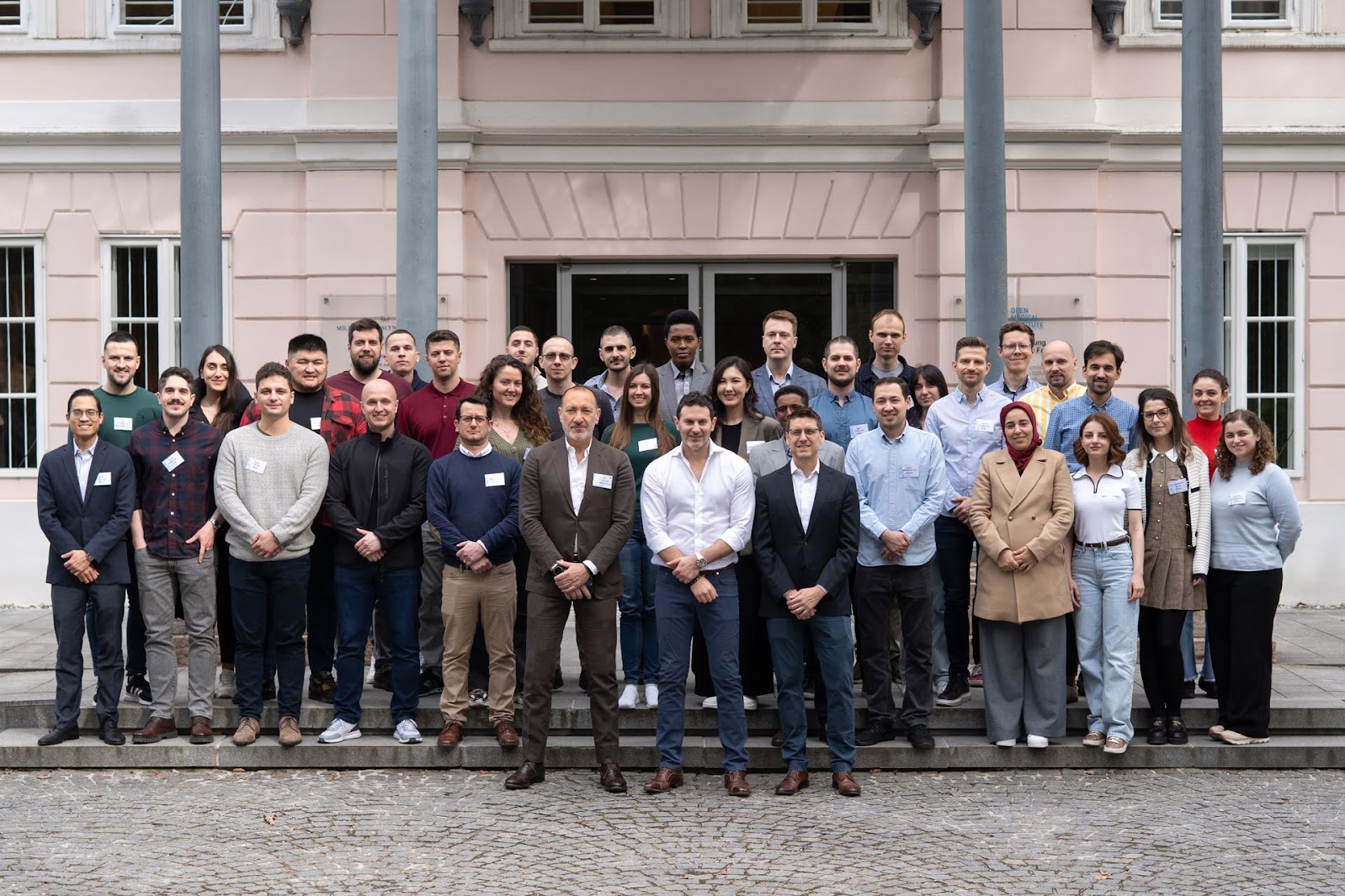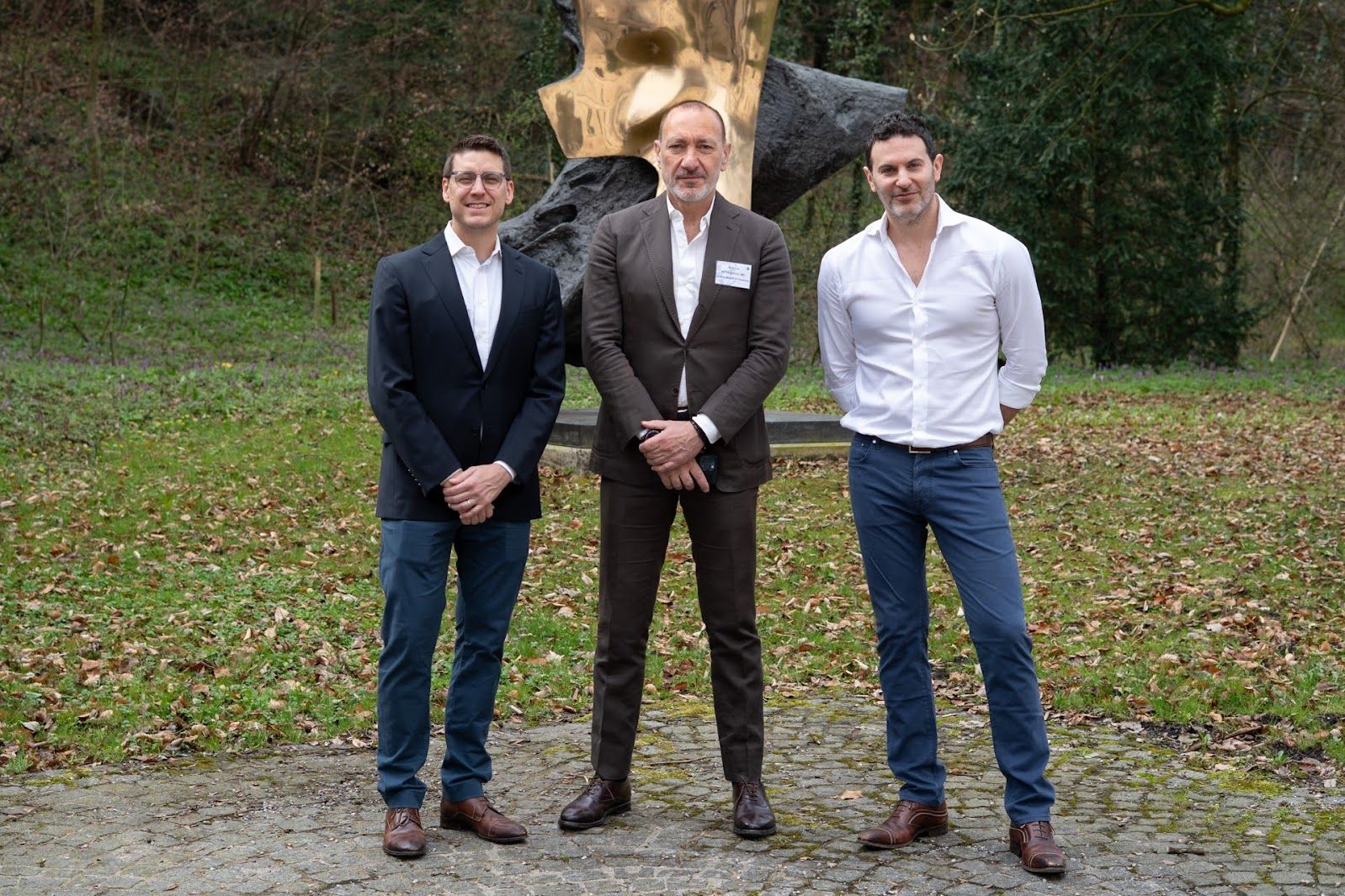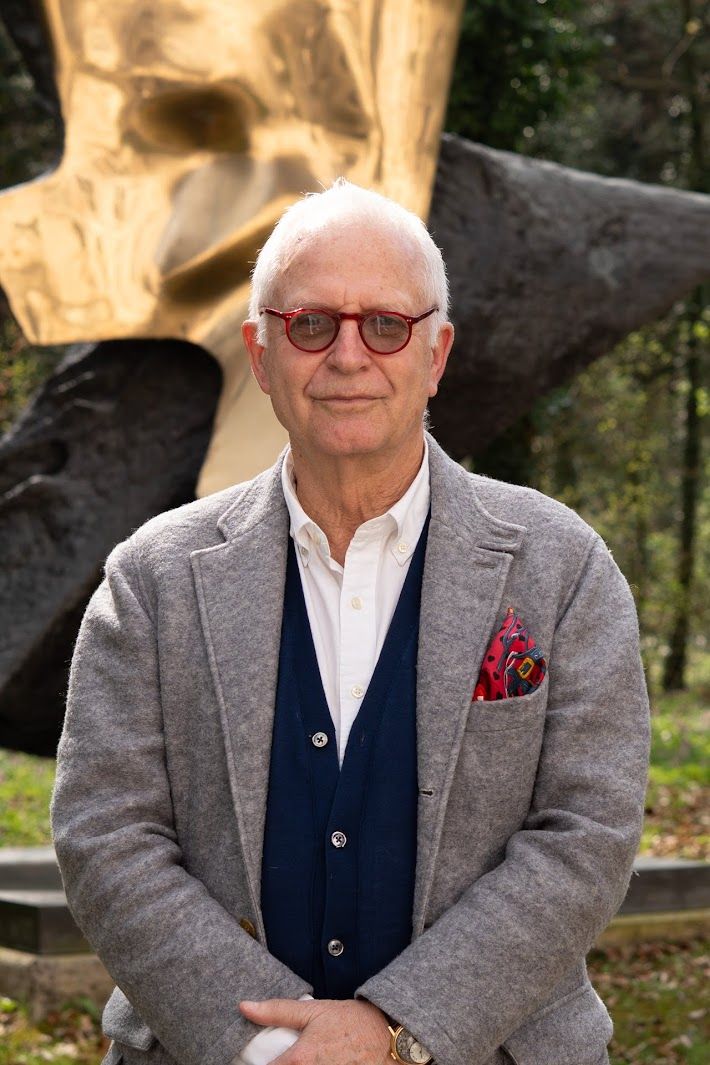
From March 23–29, 2025, the Open Medical Institute (OMI) hosted the Neurosurgery (Brain) seminar in Salzburg, Austria, in collaboration with Weill Cornell Medicine and the Medical University of Innsbruck. This intensive program brought together 34 fellows from 24 countries for a week of in-depth learning, interactive discussions, and case presentations led by some of the world’s foremost neurosurgeons.
Neurosurgery is a rapidly advancing field that addresses complex conditions such as brain tumors, cerebrovascular diseases, traumatic brain injuries, and functional neurological disorders. The seminar focused on equipping young neurosurgeons with the latest techniques and advancements in cranial neurosurgery. At Weill Cornell Medicine, the Department of Neurological Surgery is at the forefront of innovation, conducting research that enhances surgical precision and improves patient outcomes. A recent study by the department explored advanced imaging techniques for preoperative planning in brain tumor resections, refining surgical accuracy and patient care.

Dr. Justin Schwarz (L), Dr. Antonio Bernardo (M), Dr. Jared Kopman (R).
The seminar was directed by Dr. Jared Knopman, Director of Cerebrovascular Surgery and Interventional Neuroradiology at Weill Cornell Medicine, and co-directed by Dr. Claudius Thomé, Professor and Chairman of Neurosurgery at the Medical University of Innsbruck. Their collaboration exemplifies the fusion of U.S. and European expertise, fostering a global exchange of neurosurgical knowledge.
Dr. Knopman is a board-certified neurosurgeon and interventional neuroradiologist specializing in cerebrovascular disorders, brain tumors, and complex neurological conditions. As one of the few neurosurgeons with dual expertise in both open neurosurgery and minimally invasive interventional techniques, he performs nearly 700 neurosurgical cases annually—one of the highest volumes in the country. His contributions to cutting-edge treatments, including pioneering MMA embolization for subdural hematomas, have positioned him as a leader in the field.
Reflecting on the seminar, Dr. Knopman highlighted the program’s impact:
“The Neurosurgery (Brain) Course provides fellows with a comprehensive curriculum covering key aspects of cranial neurosurgery, including neurovascular surgery, brain tumors, skull base techniques, and functional neurosurgery. The interactive format encourages discussion, and individual case presentations allow for real-time learning that is directly applicable to clinical practice.”
The seminar featured distinguished faculty from both institutions. Representing the Medical University of Innsbruck were Dr. Christian Freyschlag, Vice-Chair of Neurosurgery; Dr. Johannes Kerschbaumer, Consultant Neurosurgeon; and Dr. Franziska Schmidt, Neurosurgeon, who contributed remotely. From Weill Cornell Medicine, faculty included Dr. Antonio Bernardo, Director of the Surgical Innovations Laboratory for Skull Base Microsurgery, and Dr. Justin Schwarz, Assistant Professor of Neurological Surgery.
Dr. Bernardo, a leading expert in skull base neurosurgery, guided fellows through advanced microsurgical techniques, emphasizing precision and innovation in treating complex cranial conditions. Dr. Schwarz, an award-winning neurosurgeon with fellowship training in stroke and neurovascular disorders, shared his expertise in minimally invasive endovascular procedures, including embolization, venous sinus stenting, and vertebroplasty. His research in interventional neuroradiology continues to shape modern approaches to cerebrovascular treatment, making him a valuable mentor for fellows seeking to expand their skills in cutting-edge neurosurgery.

Philip E. Stieg, PhD, MD Chair and Neurosurgeon-in-Chief
A key presence at the seminar was Dr. Philip E. Stieg, Neurosurgeon-in-Chief at Weill Cornell Medicine and a long-time advocate of the OMI. Dr. Stieg is a world-renowned, board-certified neurosurgeon with expertise in cerebrovascular disorders, brain tumors, and skull base surgery. As the chair and founder of Weill Cornell Medicine Neurological Surgery, he has been instrumental in establishing the institution as a premier center for neurosurgical care. Dr. Stieg has appeared on Castle Connolly’s “Best Doctors in America” list for more than two decades and is widely recognized for his commitment to advancing the field through education, research, and mentorship. He is also the host of the podcast This Is Your Brain With Dr. Phil Stieg, which explores the many wonders of the brain.
Speaking about his involvement in the OMI seminar, Dr. Stieg emphasized the significance of global medical collaboration:
“There is nothing like the OMI. It brings together senior clinicians and young doctors from around the world, creating a shared language of medicine. Any initiative that fosters such collaboration is essential to support.”
The annual Neurosurgery (Brain) seminar exemplifies the mission of the Open Medical Institute: advancing global medical education through knowledge exchange and mentorship. With Weill Cornell Medicine’s faculty contributing pro bono, the program ensures that future neurosurgical leaders receive world-class training. The 2025 seminar was not just a week of instruction—it was a testament to the power of shared expertise in driving progress in neurosurgery and patient care worldwide.
This article was originally published on the Open Medical Institute’s blog: A One-of-a-Kind Week of Neurosurgery in Salzburg